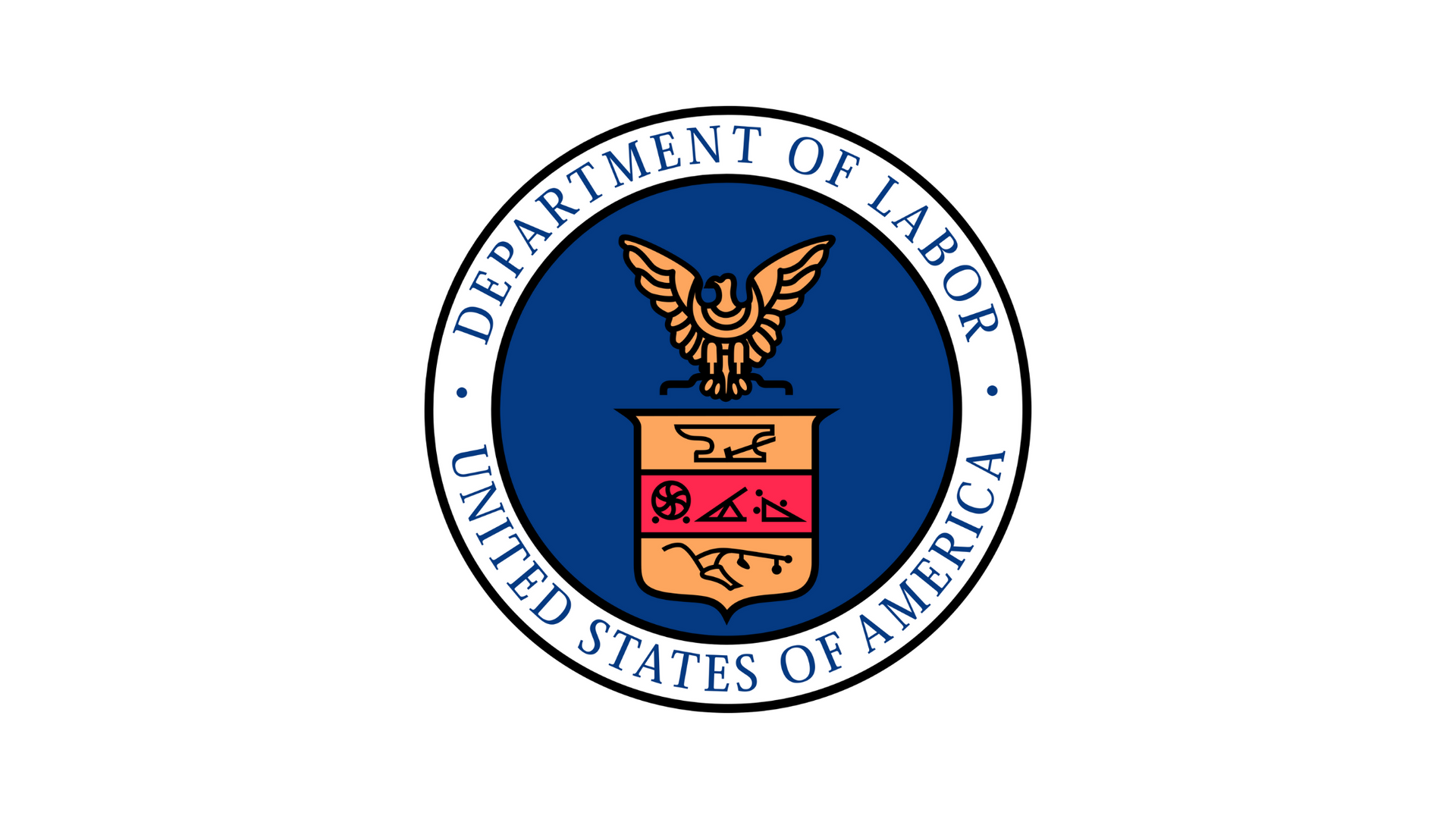EEOC Announces Approval of Revised EEO-1
On September 29, 2016, the U.S. Equal Employment Opportunity Commission (EEOC) announced approval of its revised Employer Information or EEO-1 report, which employers must file with the EEOC annually to report demographic information about their workforces. On March 31, 2018, private employers, including federal contractors, with 100 or more employees must include summary compensation and hours-worked data in their annual EEO-1 report. Specifically, covered employers will be required to report employees’W-2 earnings and hours-worked data, broken down by gender, race, ethnicity, and by 12 pay bands in each of the 10 EEO job categories.
The new reporting requirements do not affect employers’ 2016 EEO-1 report due on September 30, 2016. However, beginning in 2017, the annual filing deadline will be pushed back from September 30 of the reporting year, to March 31 of the following year. Accordingly, the first time employers’ must file the EEO-1 reports containing the new data is by March 31, 2018.
To accommodate the EEO-1’s new filing schedule, employers’ annual EEO-1 “workforce snapshot” period (the time period during which employers survey their employees) will shift from the third quarter to the final quarter of the calendar year, beginning with the EEO-1 report due on March 31, 2018.
Since last February when the EEOC published its initial proposal to collect this additional data, the employer community has repeatedly voiced strong objections and concerns regarding the use of W-2 data; the ability to accurately track employees’ hours-worked; the utility of the information being collected; the increased burden and costs that were not accurately considered in the EEOC’s proposal; and insufficient safeguards to protect the privacy of the data. Unfortunately, these genuine concerns largely have gone unheeded. Aside from changing the EEO-1 reporting schedule so that employers will not have to issue an additional W-2, in the final EEO-1 the EEOC made no other substantive changes from the agency’s initial proposal.
Although the EEOC has posted an assurance on its website that the agency “maintains robust cybersecurity and privacy programs,” and will require employers to choose a new password to access their next report, these warning will do little to allay employer concerns regarding the security of their data.
For federal contractors, it is important to note that EEOC shares EEO-1 data with the Department of Labor’s Office of Federal Contract Compliance Programs (OFCCP). The EEOC is prohibited by Title VII from releasing any individual EEO-1 data, with EEOC employees subject to criminal penalties if they are involved in such a release. However, the EEO-1 Report data shared with OFCCP has more limited protections under the exemptions to the Freedom of Information Act.
Next Steps
The EEOC will be offering webinars on October 20 and 26 and providing technical assistance through email and the agency’s hotline to help businesses comply with the new requirements.
Additionally, employers should consider the following steps in 2017 as they prepare for the new EEO-1 reporting requirements:
- Assemble a team with the necessary subject matter expertise that typically includes legal, HR, compensation, timekeeping, payroll, and other affected areas. The assessment team should evaluate the company’s current capabilities promptly, so that there is sufficient time to undertake necessary updates and changes to systems and reporting capabilities.
- Review the payroll and HRIS systems to determine where the earnings and hours-worked data are maintained, and whether the new, expanded data requirements can be met from the current systems. Typically, modifications may be required in order to be able to collect hours worked data.
- If the company uses a separate system for payroll, then consult with the company’s IT representatives to complete any necessary updates of their HRIS systems to accommodate and integrate the additional data.
- Employers who rely upon outside vendors to generate W-2 forms, and do not maintain the information internally (specifically the individual employee earnings reported in Box 1) will need to review their contracts and confer with their vendor to determine the most efficient way to import the W-2 data to the system(s) that are used for preparing the new EEO-1 report.
- Determine whether the company will use the permitted default entries of 40 hours (full time) and 20 hours (part-time) for exempt employees or will provide exempt employees’ actual hours, either by tracking hours worked or determining whether the employees’ work hours are available from other records, e.g., log-ins, federal contracting billing reports, etc..
- Employers should ensure that all reasonable steps are taken to protect the confidentiality of their data once it is in the agencies hands.
Please contact either the FortneyScott attorney with whom you work or Leslie Silverman, Esquire from FortneyScott for additional information or advice on complying with the new EEO-1 reporting obligations.







All Rights Reserved | Powered by AutomationLinks | Terms & Conditions | Privacy Policy





